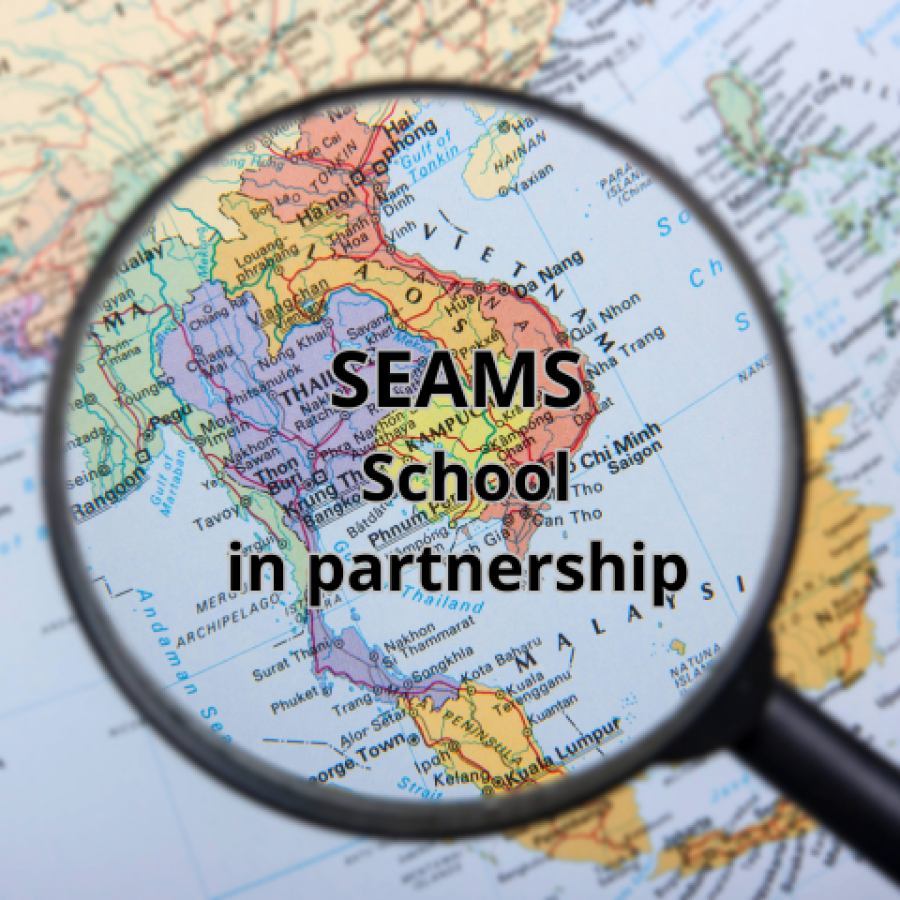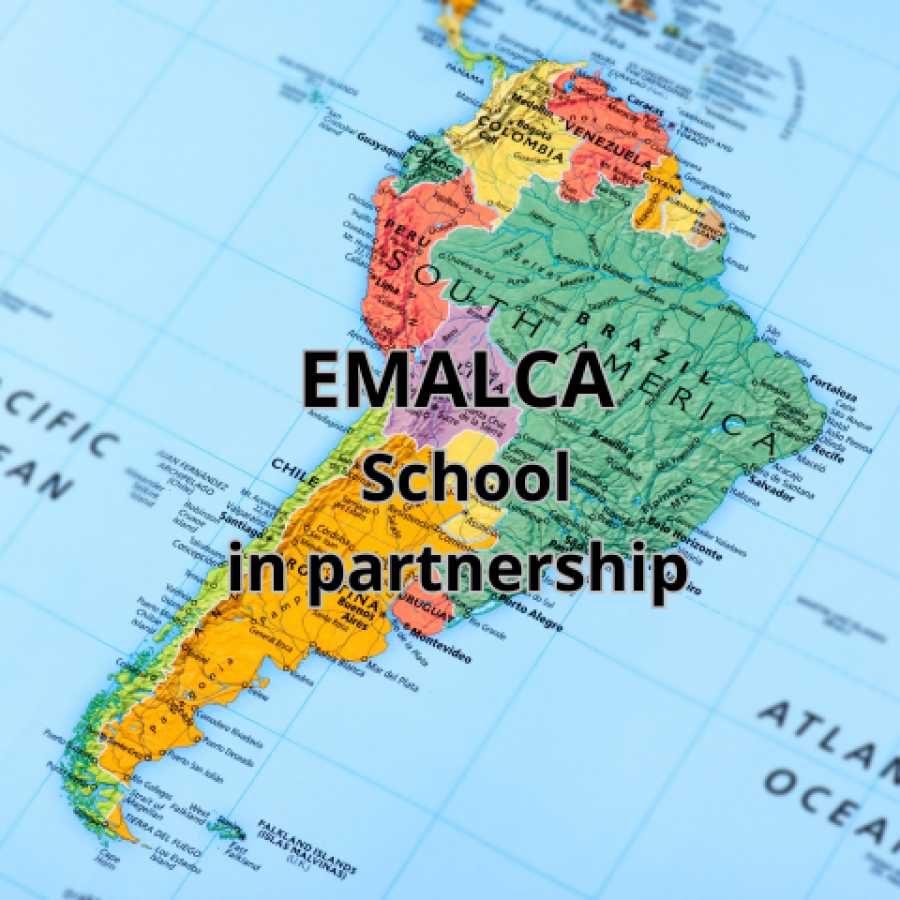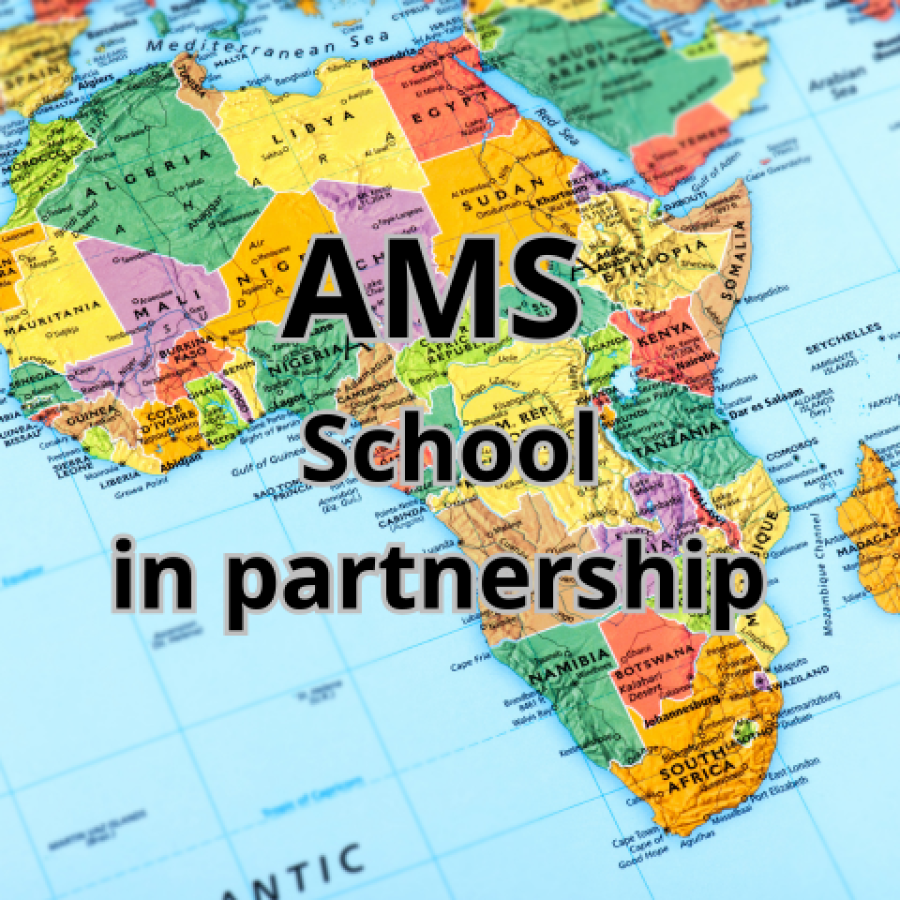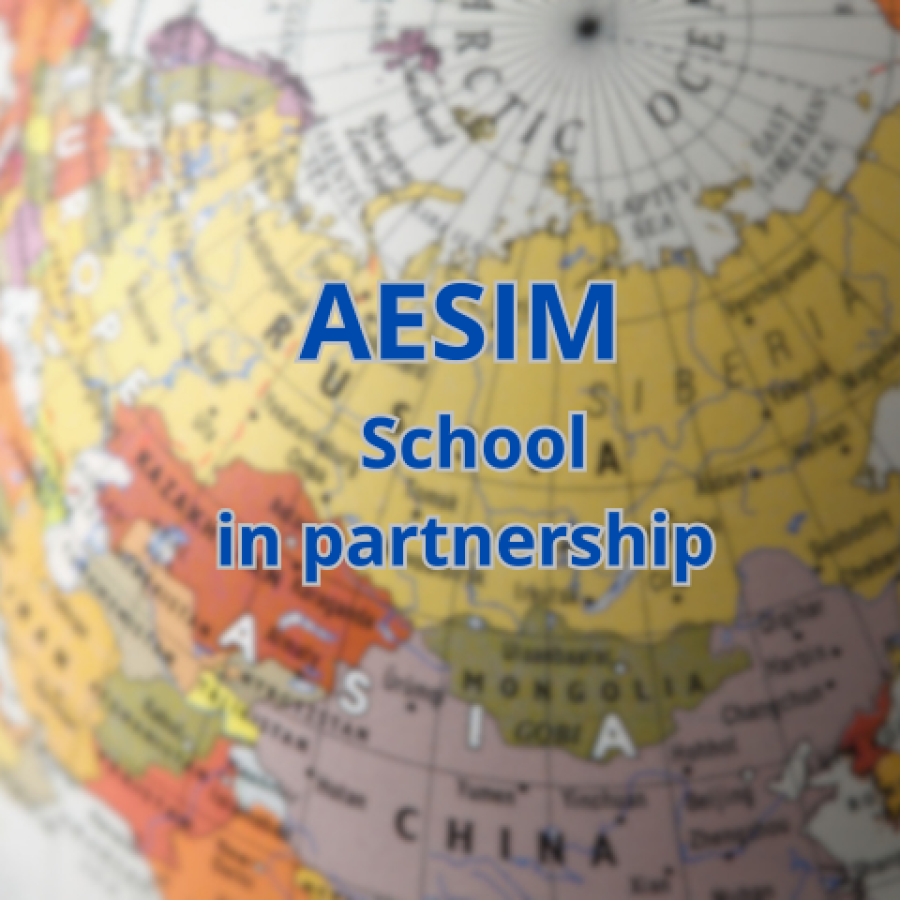Coordinator: GINO ANGELO VELASCO (University of the Philippines, Diliman, Philippines)
2022
EMALCA Dominicana 2022
Coordinator: Primitivo Acosta-Humánez, Institute of Mathematics, Autonomous University of Santo Domingo,
Dominican Republic
EMALCA Ecuador 2022
Coordinator: Oswaldo Larreal (Universidad Técnica Manabí, Portoviejo, Ecuador)
EMALCA Amazonas 2022
Coordinator: Oscar Armando Hernández Morales (Universidade Federal do Amazonas, Itacoatiara, Brazil)
ICTP-EAUMP School on Mathematical Programming and Algorithms
Coordinator: Balazs Szendroi (University of Oxford, UK)
EMA Mathematical Modeling, applications in Actuarial Sciences and Public Health
Coordinator: Jean Kayoya (Université du Burundi, Bujumbura, Burundi)
EMA Epidémies : modèles mathématiques et traitement statistique des données
Coordinator: Ténan Yeo (Université Félix Houphouët Boigny, Abidjan, Côte d'Ivoire)
AESIM on Topics in Algebraic Number Theory
Coordinator: Andam Ali MUSTAFA (Salahaddin University-Erbil, Kurdistan Region, Iraq)
AESIM on Topics in Commutative Algebra
Coordinator: Chwas Abas Ahmed (University of Sulaimani, Kurdistan Region, Iraq)
AESIM on Lattices, Diophantine Approximation and Heights
Coordinator: Zafar Ibragimov (Urgench State University, Uzbekistan)





